Before you start reading, I just want to say that my experiences are all based in the Australian job market – however, the tips here will also apply wherever you are. Read on to find out how to get a job on a visa!
You hear the common story – international student moves to Australia, pays a premium on tuition, graduates with exceptional grades, and…. ends up underemployed in a job far from their desired field.
At the beginning of my job search, that was me.
Table of Contents
How hard it is to find a professional job on a temporary visa
As a student, I considered myself pretty hardworking. I was studying my Masters in Professional Accounting in the University of Sydney, and fast tracked my degree by overloading subjects every semester.
As such, despite working part-time and dealing with the psychological effects of the pandemic’s lockdowns, I graduated 6 months earlier than scheduled with a high credit average in 2021 (always tell my mom that if I wasn’t locked down, I could’ve definitely gotten at least a distinction 😜). I thought I had a good chance in finding a job – but I was in for a surprise.
Graduate Programs: Mission Impossible
Just like every bright-eyed uni graduate, I began my job search straight after my final exams. My goal was to get into a graduate program in my field, with my eyes set on the big 4 accounting firms and the big 5 banks.
To my dismay, every single one of them had “only Australian citizens and permanent residents may apply“. Granted, some of them (i.e. Deloitte and KPMG) allowed for applications from visa holders, but only in very few and very specific graduate programs (like auditing), and with A LOT of requirements (see below) that basically say you need to be a permanent resident.
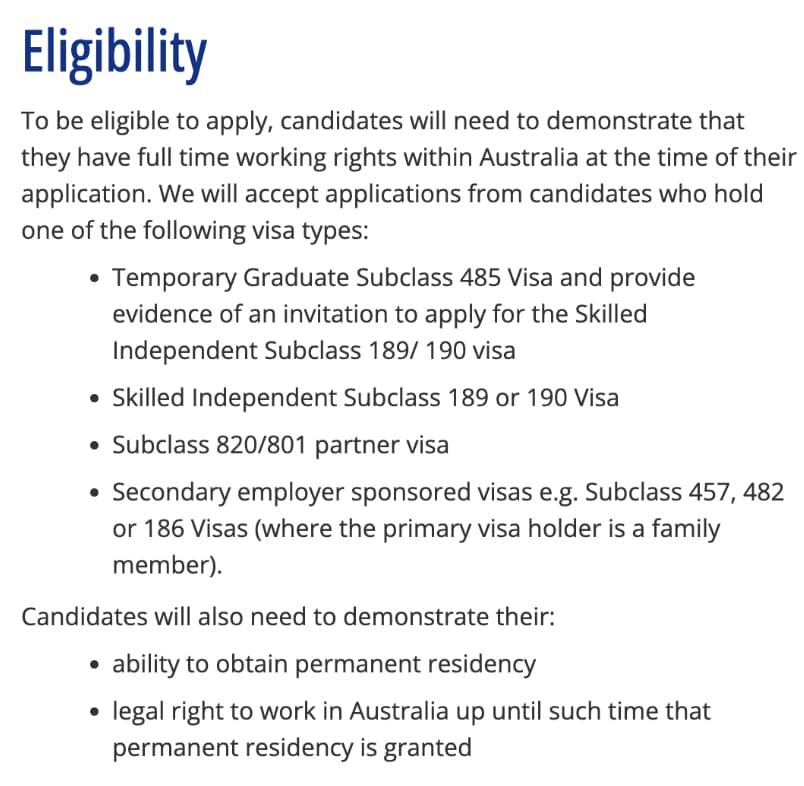
Not getting discouraged, I still tried to go for it. I mean, rules are meant to be broken!? I sent in a bunch of applications, and messaged a bunch of recruiters explaining that I’m a bright-eyed uni graduate willing to get underpaid and overworked (heh I didn’t really say that but iykyk), just for a chance to start my new life in a 1st-world country. Unfortunately, despite all the video interviews and the hard work, I had not heard a thing back. Fair enough though – my fault for thinking they’d bend the rules.
Either way, I decided to move on to plan B – apply for smaller firms’ graduate programs… which quickly got axed because even they wouldn’t accept visa holders! Why am I not surprised?! My courageous soul still attempted filling in their application forms anyway (which included essays), which unfortunately just got met by an auto-generated “thanks for your interest, but…” email.
Entry-level job on a visa
Plan A and B obviously didn’t work, and so we move on to Plan C!
Plan C involved applying to entry-level jobs in my field. Goodbye, graduate programs!
Personally, I prioritized roles in equity research since I’ve always been into investing, writing (you don’t say?!) and research. At this point however, I was starting to get desperate that I even sent in applications for roles that didn’t require any qualification (despite my hard-earned Master’s degree!).
This is how it looked for me:
1. Big 5 Banks (Westpac, ANZ, NAB, CBA and MacQ)
Applied to several roles in each of the big banks. Got auto-generated emails for 90% of the roles telling me that my application had been unsuccessful within minutes of submitting my applications. They asked for my residency status during the application process, which I suspect was the reason for rejection as these were entry-level roles.
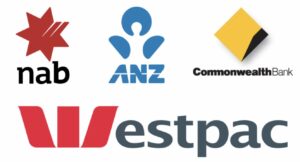
2. Other big corporations (e.g. retail corporations, superannuation funds)
Several required citizenship/PR as always, despite the roles being entry-level, and most required internship experience (where eligibility also required citizenship/PR!).
3. Smaller companies
Required 2-3 years of experience for an entry-level position, with extremely low pay. But of course.
In total, I sent over 100 applications, each with a tailored resume and cover letter. In return, I got 1 phone call from one of the big 5 banks for the job I least wanted (a customer service role) – over 3 months after I submitted my application! When I asked the HR representative about my other applications, they replied that most of them required you to be a permanent resident to even be considered.
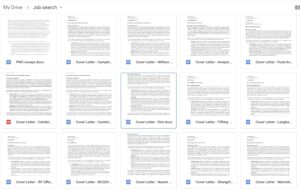
For transparency’s sake, I did get a few calls from the smaller companies, but the offers ranged about 55k-60k including super for jobs I would be underemployed for. At that point, I was actually starting to consider them (as you can see by the non-equities roles in the screenshot above), but was thankfully talked out of it by family and friends.
How I got an amazing job on a graduate visa
Now that you can understand how difficult it is to get a professional job as a temporary resident, I would like to share what worked for me.
The funny thing is that after all my failed attempts, I was so fired up that I’d said to myself that I’d never ever settle for just any job now. I promised myself to get one that I deserved, especially after pouring years into education and self-improvement (and failed applications!).
I wanted to get into a job involving equities and investments.
1. Network, Network, Network
Assuming you’re on a visa (which you probably are given that you’re reading this), this most likely means that you came to Australia all alone like I did. This also means that we know absolutely NOBODY that can help us, aside from people we have already met.
Well, get to work, my good friend! It’s not who you are, it’s who you know. Harness the power of technology – the easiest way to do this is of course, through LinkedIn. 🤓
How to:
I searched for the companies I was interested in, and then added as many in-house recruiters as I could find. I also looked through job ads to see whether it showed the recruiter’s name and added them. I also sent connection requests to experts in the job I wanted, alongside managers and directors of those companies.
And then I messaged them. One, by, one.
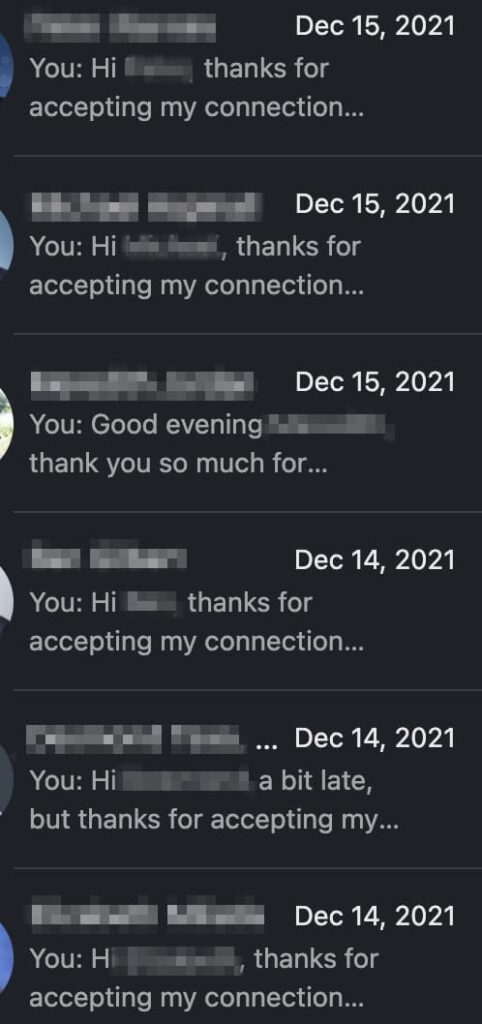
Listen to me – If you are not embarrassed, YOU ARE NOT DOING ENOUGH.

I must have sent over 75 messages. I ended up upgrading to the Premium version of LinkedIn to do so (because free trial 😂).
With this method however, I got a few recruiters who replied with their email addresses, telling me to send my resume over. Some even gave me some tips or forwarded me details of other recruiters who were trying to fill in some roles. A few people in the field that I messaged also provided me some tips and offered to check my resume out. But perhaps the best part of all this, was that I also ended up making a few good friends who I’m still in contact with today (hello, you know who you are 🙋♀️).
As proof that this works, I got a job at Simply Wall St as an equity analyst after messaging the CEO.
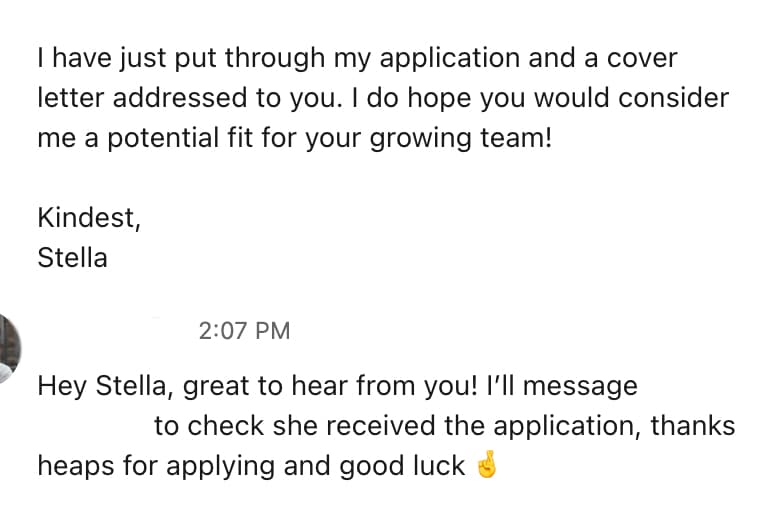
This method really works! If you made it this far, congratulations on finally being seen (and not filtered out by a robot 😐)!
2. Extend your Resume!
The hardest part for us visa holders is getting our foot in the door. However, finally getting our resumes seen is not the end of the journey. We have to compete with applicants who have unlimited working rights, don’t require a visa sponsorship, and naturally have the local cultural fit to be in the company.
With that said, we can leverage today’s technology in our favor. Resumes are no longer just static pages of paper – they are sent to recruiters online and opened by them on their laptops.
ADD LINKS TO YOUR RESUME.

Extend your resume to more than just that one page. Link your resume to all your previous work to make it easy for recruiters and managers to find them.
I consider my blog to be not just a hobby, but also a part of my resume. I write, both because I love writing, and because I want to impress prospective employers. My resume is no longer just a single page but an unlimited number of pages, where I can properly showcase my writing skills and my knowledge of finance.
Doing this is no different from artists showing a portfolio, writers sending samples, and models sending headshots in. We’re just borrowing their method and implementing it to our own job search.
I would consider blogging to be the most universal way of showing your expertise (e.g. even a chef can write about recipes and cooking techniques) but naturally, extend your resume how you see fit.

If you haven’t had the chance to make your own blog, you should definitely use any work/uni experience you have instead! Here in my screenshot for example, I explained the work that I did and linked several of them for potential employers to look at. If you only have uni experience, I encourage you to upload them online – perhaps making a Google Drive folder for them – and then link your resume to your folder.
Extend your resume! You and your skills are worth more than 1-2 pages. 😄
3. Hone your Interview Skills
Hopefully you’ve now caught the eye of your recruiter with your awesome networking and resume. The last one is the make sure your interview skills are up to par.
Not to gloat, but I have never once failed a phone or face-to-face interview. How do I do that?
-
Perfect English
To be able to express yourself in English is pretty much the most important part of working in Australia. I’ve practiced my English my whole life and consider it to be one of my native languages. I was able to get my student job (in hospitality) because my manager at the time said that I had “a great phone voice that was easy to understand”. Additionally, professional jobs generally require a lot of reading and writing in English. Being able to use English in a professional setting requires mastery of spelling, grammar, pronunciation and expression.
-
Charisma
I describe charisma as your ability to draw people in. The ability to be the right level of outspoken, being able to laugh and be comfortable in conversation, and having body language that exudes confidence, are the actionable parts of being charismatic.
While some people are naturally charismatic, don’t fret if you aren’t. I used to be the most introverted person who was too shy to talk to people, but that slowly changed as I started practicing by talking to strangers and growing my confidence. Charisma comes naturally to me now and I can tackle stressful conversations (such as interviews) with ease.
-
Drive and Ambition
I have been told by several recruiters and managers that the most important thing they look for in new applicants is their level of drive and ambition for the role. Recruiters especially, talk to several candidates everyday, and can immediately tell whether that person is truly keen to learn and grow within the role and company or is just there for the sake of having a job. In fact, I know a manager who hired someone who just walked into the building with their resume in hand, on the spot. Her reasoning was that this person’s passion for the role was very apparent, and that she was looking for someone willing to put their all into learning.
When recruiters and managers ask you “why did you apply for this role?”, this is exactly what they’re looking for. Demonstrate your (genuine) passion for the role, and it is highly likely you will receive a second phone call.
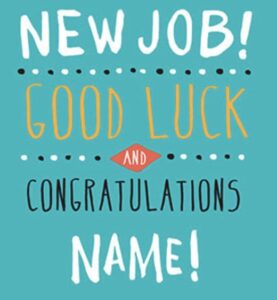
Life in Australia is definitely challenging for those on a temporary visa. However, it is possible! I was able to finally get mine in a company that is more than willing to provide visa sponsorships as well. A company willing to hire visa holders is usually also open to providing visa sponsorships.
If you are able to pass through the hurdles that visa holders go through (especially fresh international student graduates!), give yourself a pat in the back. We have to work three times harder than locally-born residents and citizens.
P.S. Once you are employed, make sure you understand how your income gets taxed. I’ve written a handy-dandy guide to help you understand the Australian tax system. 😄

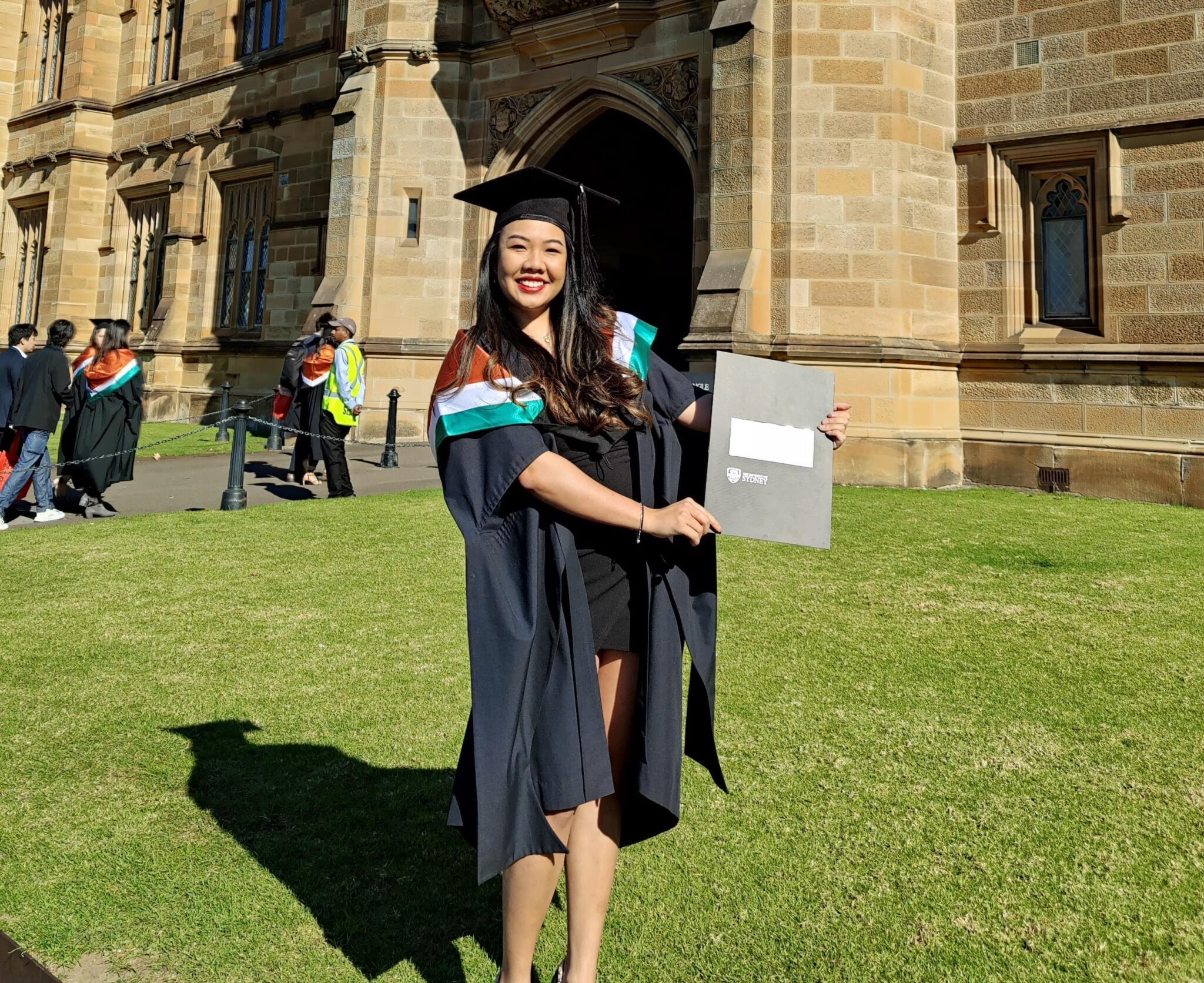
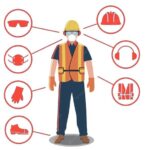

1 Comment
An insightful read! <3